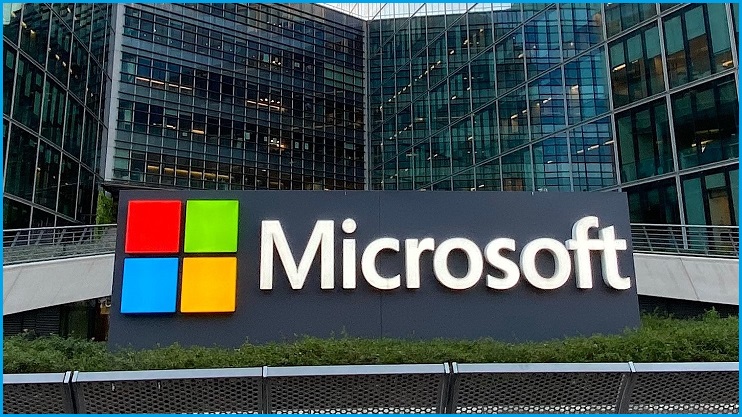Microsoft has avoided paying billions of dollars in tax around the world while raking in money from lucrative government contracts, including here in Australia, thanks to a company structure that allows the tech giant to move profits out of countries with high corporate tax rates.
The revelation is detailed in Microsoft: Gaming Global Taxes, Winning Government Contracts, a new report from the Centre for International Corporate Tax Accountability and Research (CICTAR).
“By shifting profits from the countries where its workers live and where it genuinely operates, Microsoft starves the public sector of much needed revenue,” the report says.
“At the same time, Microsoft makes billions as a government contractor, with contracts at all levels of government and in virtually every country.
“Microsoft should act more transparently, and contribute its fair share, before it is allowed to profit further from government contracts.”
Microsoft minimises its tax obligations via an arcane company structure through which large swathes of its profits are moved out of countries like Australia and into countries with low corporate tax rates, like Ireland.
One way the tech giant moves money around is by charging itself licensing fees and routing the payments through subsidiaries such as Microsoft Global Finance, which is incorporated in Ireland and a tax resident of Bermuda.
Microsoft Global Finance has no employees but functions as an “In-House Cash Centre” to other parts of Microsoft, “supporting the settlement of inter-group balances”.
At one point Microsoft Global Finance was owed US$4.9 billion by other parts of the business and itself owed $105 billion to other Microsoft arms.
Shuffling Australian cash around
In Australia, Microsoft Pty Ltd is primarily owned by Microsoft Ireland Research whose main revenue source – around US$33.5 billion in 2020, according to CICTAR – is royalties.
For the 2021 financial year, Australian Microsoft Pty Ltd said it earned $5 billion in revenue, of which $231 million was profit. Out of that $231 million, it paid $91 million in tax.
That same year, Microsoft Pty Ltd purchased $3.4 billion from “related parties” – that is, essentially, from Microsoft.
These related party transactions include interest payments, licensing fees, and commission payments.
Last year those transactions ate up about 70 per cent of Microsoft’s Australian revenue and, as a result, Microsoft Pty Ltd reported a profit margin of just 4.5 per cent – far below its global profit margin of 42.3 per cent.
Similar accounting magic happened in the UK and New Zealand where Microsoft’s local subsidiaries report far lower profit margins than they do globally – this is despite winning tens or hundreds of millions of dollars in government contracts.
“Are Microsoft’s operations in these countries only engaged in low margin operations or dramatically underperforming?” CICTAR asks.
“Or does Microsoft use its vast international network of subsidiaries to ensure its profits are booked in low-tax or no tax jurisdictions?”
A Microsoft spokesperson said the company is “fully compliant with all local laws and regulations in every country in which we operate”.
“We serve customers in countries all over the world and our tax structure reflects that global footprint,” they said.










